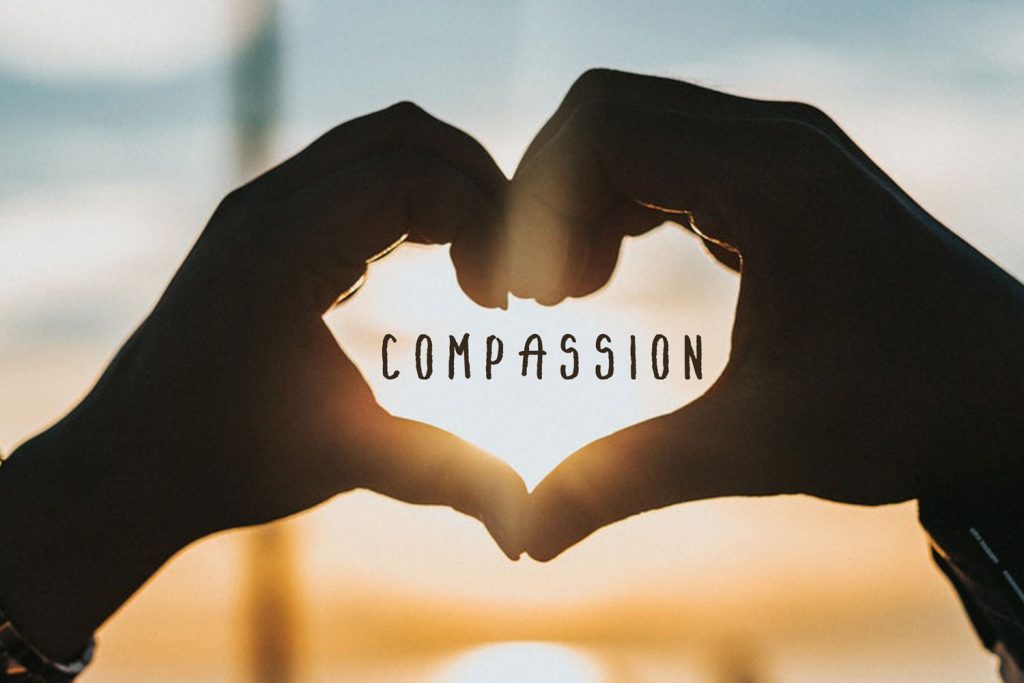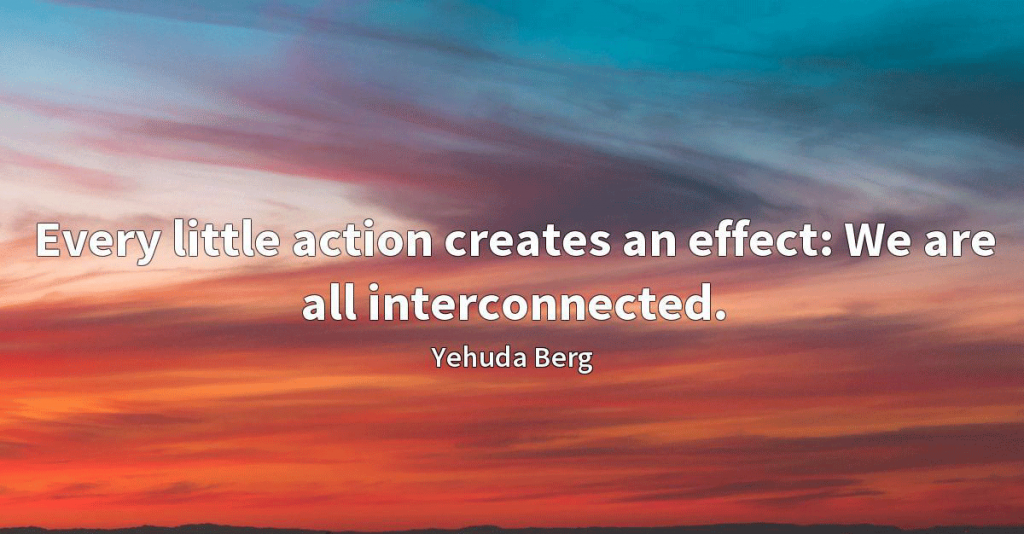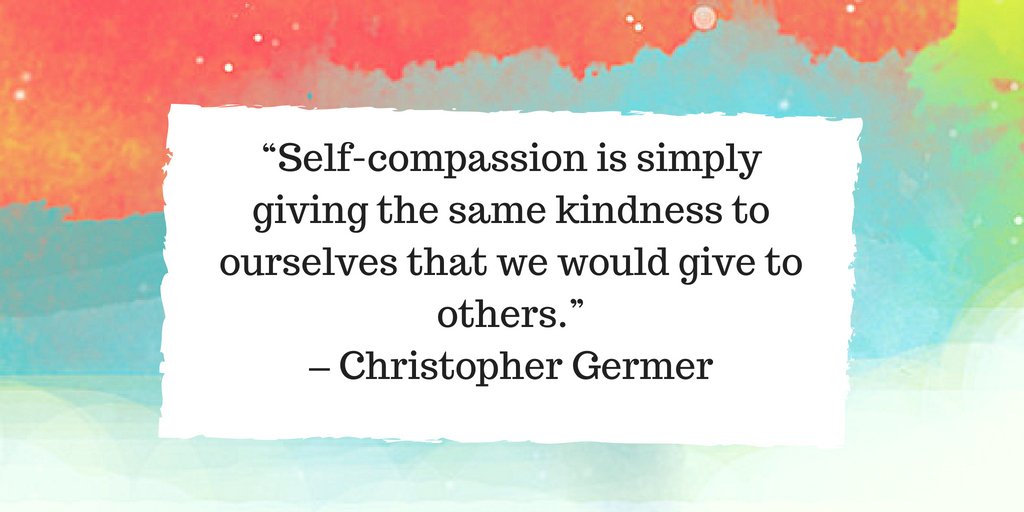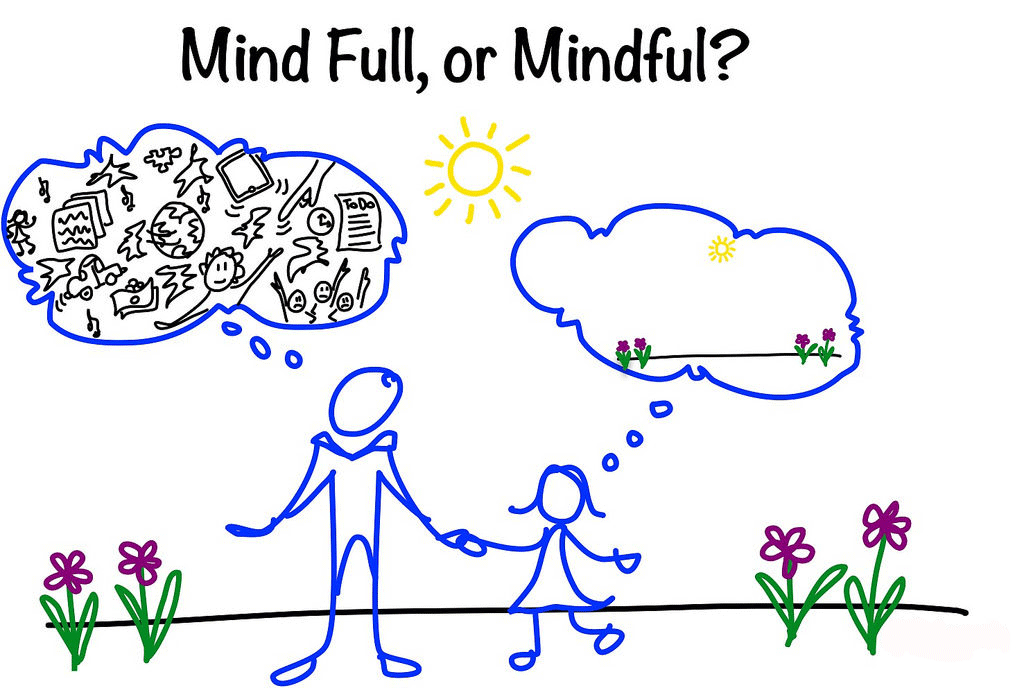Meaning Behind the Words

February is known as the month of love and romance mainly because Valentine’s falls in the month of February. We tend to see hearts, cupids, and the color red a lot in February and we all love to be on the receiving end of chocolates and Valentine’s cards that make us feel special and loved. But what does all this celebration of Valentine’s really mean? And how can we take this time of love and compassion to heart for the rest of the year?
Compassion

There are so many wonderful people and associations working on behalf of communities, nations, and even on a global scale, to bring compassion and love to all. But this compassion and love must start from somewhere and that somewhere is in the individuals. We are the compassion and love that the communities, nations, and world need to create a kinder and better place for all to exist in; including plants, animals, and even the planet itself. And in order for us as individuals to share our compassion and love with others and the world, we must first find it and share it within ourselves. Love begins with self-acceptance and self-forgiveness. Love and compassion for self is not selfish, it is necessary in order for us to be able to give love and compassion to others. We cannot give what we do not have.
Interconnected

All of us are interconnected and interdependent on each other. What one does has a ripple effect that cascades out to those around them and, depending on the intensity of the ripple, it can affect those in an entire community or even the entire world. We are one humanity on this planet, but our reach does not just extend to humanity, it encompasses every living thing on this planet including the planet itself. What we send out directly or indirectly affects all living things which, in turn, affects all of us as well. Being interconnected and interdependent means what we send out comes back to us, so if we want a compassionate, loving world, we first need to send out a compassionate, loving vibe that will ripple until it reaches back to us. Together we can make a difference by sending out what we wish to receive.
Self-Compassion

We have been taught to believe that self-criticism is a good thing. We’ve been told that it makes us stronger and better at what we do. We believe that competition and constantly pushing ourselves is a requirement for success. Most of us don’t stop to question whether these beliefs are helping us achieve our goals or actually blocking us from them. However, research is now proving these theories and beliefs are actually obstacles we place in our own paths which make it more difficult to achieve what we are striving to do. Scientific data shows that self-criticism makes us weaker in the face of failure, more emotional, and less likely to assimilate lessons from our failures. Studies are finding there is a far better alternative to self-criticism: self-compassion! Though self-compassion may sound self-indulgent, it is actually the secret to resilience, strength in the face of failure, the ability to learn from mistakes and to bounce back with greater enthusiasm. Self-compassion involves treating oneself as one would treat a friend; being more mindful, more tolerant, more patient, more understanding, more forgiving, and more compassionate. Remembering we are a small part of a larger human experience and being such; our mistakes, readily forgiven, will cause a very small ripple affect compared to the intensified ripple effect of countless self-criticisms piled on top. When we can be more understanding of ourselves, identify less with the emotions that cloud the vision of our mistakes, and understand failure is a natural part of the human experience; we become stronger and more successful which, in turn, sends out positive vibes that ripple to others going through the same human experiences. The state of our thoughts determines the state of our lives. So self-kindness and self-compassion matters!
Mindfulness

Self-compassion also requires taking a balanced approach to our negative emotions so that feelings are neither suppressed nor exaggerated. This equilibrated stance stems from the process of relating our personal experiences to those of others who are also suffering through similar experiences, thus, putting our own situation into a larger perspective instead of an isolated, self-absorbed one. It also gives us the opportunity to willingly observe our negative thoughts and emotions with openness and clarity so that they are held in mindful awareness and not in self-judgment. In a receptive mind state, one can observe thoughts and feelings as they are, without trying to suppress or deny them. We cannot ignore our pain and feel compassion for it at the same time, however, mindfulness requires that we not over-identify with our thoughts and feelings so that we are not caught up and swept away by their negative reactivity. Being in a state of mindfulness allows us to observe our pain and emotions but to see them from a larger perspective so that we can have compassion for them but not get stuck in them. Being mindful is being able to allow thoughts and feelings to flow through us as they should so that we are able to receive the next flow of thoughts and feelings without bias from the former ones. It is the ability of staying in the present moment without judgeing the past or worring about the future.
Love

For the love of… can be used for just about anything; love of the planet, love of the world, love of humanity, love of nation, love of country, love of community, love of neighbor, love of nature, love of animals, love of…; and it all begins with the love of self. Every living thing shares in the universal bond of love. The ability to give and receive love is what makes our human experience possible and it is how the world keeps going on; through love, compassion, and the celebration of both!







